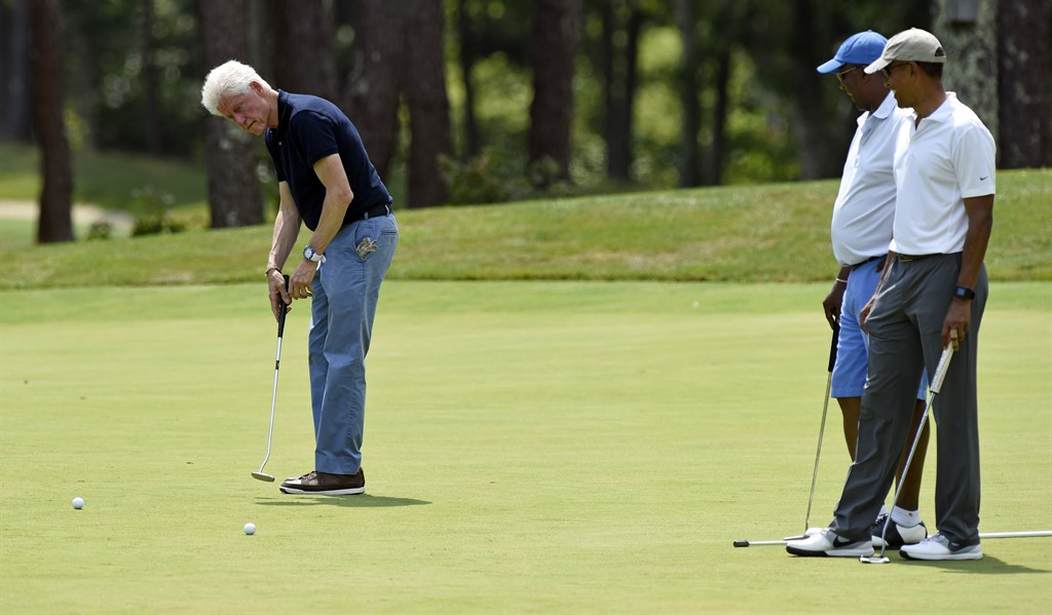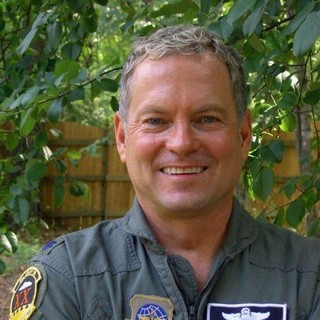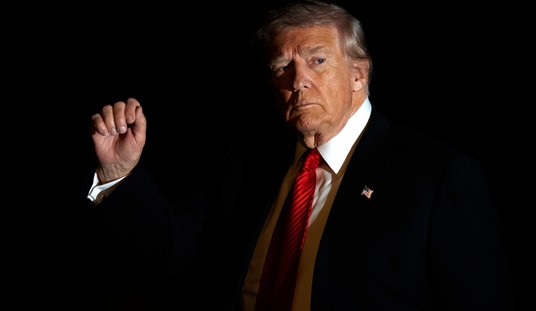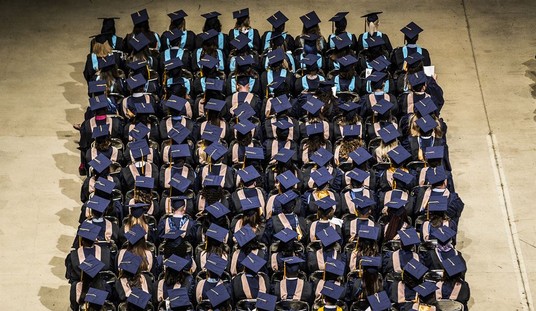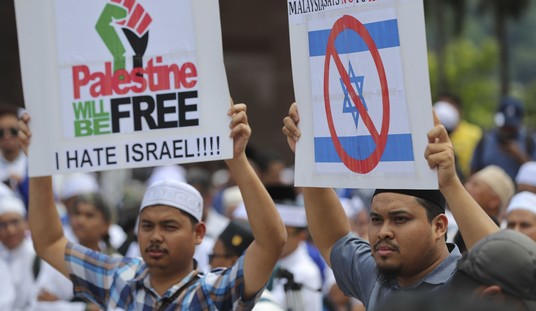On my X (Twitter) account, @BuzzPatterson, I frequently post “war stories” from my years flying in the Air Force and carrying the “nuclear football” for President Bill Clinton. I tongue-in-cheek call them “Buzz’s Bedtime Stories.” Originally, they were intended for lighthearted storytelling and a sanity break from the hourly onslaught of negativity and politics on social media, but the response has been tremendous. So, let’s continue! Gather around. Grab a blanket and get cozy. Tonight, we talk about Bill Clinton, golf, and the murder of thousands of Kurds in Northern Iraq.
“Eagle departing, South Lawn,” crackled the radio in my van. The motorcade wound its way out the White House South Gate, into the streets of Washington, D.C., and onto the George Washington Parkway. This was the scaled-down procession normally used for “unofficial” events. It included a lead police car, the presidential limousine, the Counter Assault Team truck, the Control vehicle, which I normally occupied, and the black communications van “Roadrunner.” The obligatory press corps van, or the “Death Watch,” brought up the rear.
On this rainy Friday afternoon, we were on our way to watch the Presidents Cup golf tournament in Lake Manassas, Virginia. It was September 13, 1996, and I’d only been working for Clinton for three months. Clinton loved his golf and having just returned from three days of campaigning on the West Coast and an early morning cross-country flight on Air Force One, we were up and at it again. This was the Presidents Cup, the team from the US versus the world, and President Clinton wasn’t going to miss it.
Shortly before three in the afternoon, we arrived at the course. I walked him to the VIP tent, just outside the clubhouse back door, on a deck overlooking the eighteenth green. The president was seated under a protecting tarpaulin with other distinguished guests and surrounded by food and drink.
During events like these, I kept close enough to the president to always be within sight and on call, but far enough away to be unobtrusive. If this had been an official event, I would have been in full uniform, Air Force blue, with the traditional silver aiguillette hanging from my right shoulder, signifying the military aide to the president. Today, I was much less obvious, wearing a sports shirt and khakis, with my White House ID hanging around my neck and a Secret Service pin on my lapel. The obligatory large black satchel, the “nuclear football,” was always at my side.
Almost immediately after we arrived, I was summoned to Roadrunner, the black communications van manned by members of the White House Communications Agency. On the phone was Sandy Berger, the White House National Security Advisor. Berger wanted me to approach the president. He needed a decision quickly.
“Major, we’re poised to launch air strikes on Iraq and I need the president’s nod.” These were busy days on the domestic and national security fronts. Just two weeks earlier, Saddam Hussein had sent three tank divisions, composed of between thirty and forty thousand of the elite Republican Guard, to capture the northern Kurdish city of Irbil, forcing the mass exodus of up to three hundred thousand refugees. We, the US, had pledged our support to the Kurds, and the Pentagon had pilots and warships armed and ready to go. Berger simply needed a decision.
I approached President Clinton, trying to attract his eye as respectfully as I could without interfering with his conversations. He looked at me with a perturbed sigh and frowning eyebrows. Nonetheless, he asked, “What do you need, Buzz?”
“Sir, Mr. Berger is on the line and needs a decision about the proposed attack on Iraq."
“Tell him, I’ll get back to him later.”
I returned to the communications van and the waiting phone. “Mr. Berger, the President said he’d get back to you later.” Berger groused and hung up.
Approximately 15 minutes later, I was summoned back to the Roadrunner van. It was Berger again. This time he was animated, obviously upset. The attack was to be launched under the cover of darkness and we were wasting valuable time. Pilots were in the cockpits ready to launch. Targets were identified, everything was in place; all we needed was the go-ahead from the commander-in-chief. Those were my friends and peers in those cockpits, and I knew that they were prepared to take lives and possibly have their lives taken.
I promised Berger, “I’ll make every effort to get to President Clinton as quickly as I can and explain the circumstances. I’ll get back to you as soon as possible.”
Clinton was still engrossed in conversations with several people and was less approachable. When he saw me, he was disturbed at being interrupted again. He frowned as I neared him. “Mr. President, Mr. Berger has called again and needs a decision soon. I explained in hushed tones, “We have our pilots in cockpits, ready to launch, and we’re running out of the protective cover of nighttime in the Middle East.”
Irritated at me and probably Berger, he said, “I’ll call Berger when I get the chance.”
I naively interpreted this to mean soon. I was wrong.
Not fifteen minutes later Berger called me again. This time he was irate—at me, not the president. “Where is the president? What is he doing? Can I talk to him?”
“Sir, he is watching the golf tournament with several friends. I’ve approached him twice with your request. I’ve communicated your concerns about the window of opportunity and about the pilots being prepared and ready to go. I’m an Air Force pilot myself, sir. I understand the ramifications. I’ll try again.”
As I approached the president for the third time in less than an hour, I thought about the hundreds, if not thousands, of people who must have put considerable time and effort into this attack. I also thought about the Kurds, American allies, who were being extinguished and forced to flee their homes.
I made my way through the VIP tent gauntlet one more time. The president spotted me, headed me off at the pass, and spoke first, “Tell Berger that I’ll give him a call on my way back to the White House,’ he said coolly, indifferently. “That’s all.” And he dismissed me.
I called Berger and explained that the president would contact him from the limo. Berger sounded defeated and sighed. “Okay,” he said. We both knew what that meant. We missed our opportunity.
The drive back to the White House was silent. I was haunted by the fact that our commander-in-chief refused to make a decision. Human lives were at stake and were lost. At a time when America’s honor and grander principles were being challenged and the world was watching…Clinton was watching golf.

